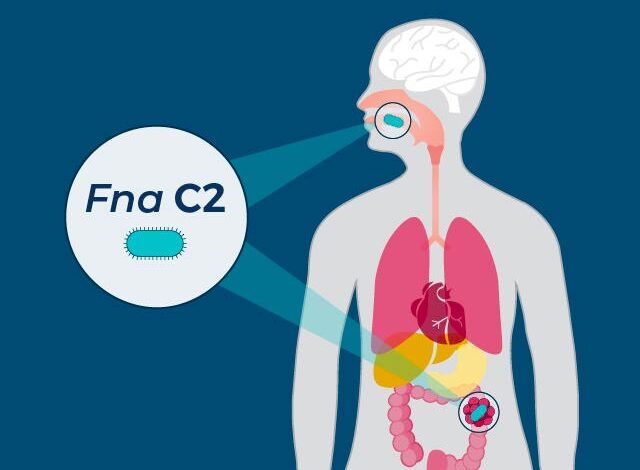‘Western diet’ may raise risk of early-onset colorectal cancer

Colorectal cancer in young adults is on the rise — now, scientists are examining how diets high in fat and low in fiber can spur changes in the digestive system that raise the risk for early-onset colorectal cancer.
Ohio State University researchers say the “Western diet” can disrupt the delicate balance of bacteria in your gastrointestinal tract, leading to inflammation that ages cells faster and makes them more vulnerable to cancer.
They presented their findings over the weekend at the annual meeting of the American Society of Clinical Oncology in Chicago.
The OSU scientists found that people with early-onset colorectal cancer were biologically 15 years older on average than their chronological ages. Late-onset colorectal cancer patients had similar biological and chronological ages.
Biological age is how old your cells, tissues and organs are. Genetics, environmental exposures and lifestyle factors such as diet, exercise and sleeping habits influence biological age. Chronological age refers to the number of years a person has been alive.
The OSU researchers lay blame on Fusobacterium, a bacteria commonly found in the mouth that is suspected of fueling colorectal cancer growth.
Other cancer scientists have also explored the bacteria’s ties to colorectal cancer.
“Microbes are manipulatable — you can target them. So [as] we see that this microbe is getting to tumors and may be contributing actively to disease progression, we can harness that information and think about how to prevent that,” Susan Bullman, who has studied the connection between microbes and cancer, recently explained.

As researchers try to learn more about what causes early-onset colorectal cancer, young people continue to get diagnosed around the world at startling rates.
20% of new colorectal cancer cases in 2019 were in people younger than 55, up from 11% in 1995, according to the American Cancer Society.
Research has proposed that a high intake of dietary fiber can lower the risk of several types of cancer, including esophageal, gastric, colon and rectal cancer.
Fiber is said to “feed” healthy gut bacteria, with experts suggesting that fruits such as oranges and apples, whole grains, nuts and seeds can lower your cancer risk.
Most Americans don’t eat enough fiber. Women are encouraged to get 25 grams of fiber a day, while men should aim for 38 grams.




